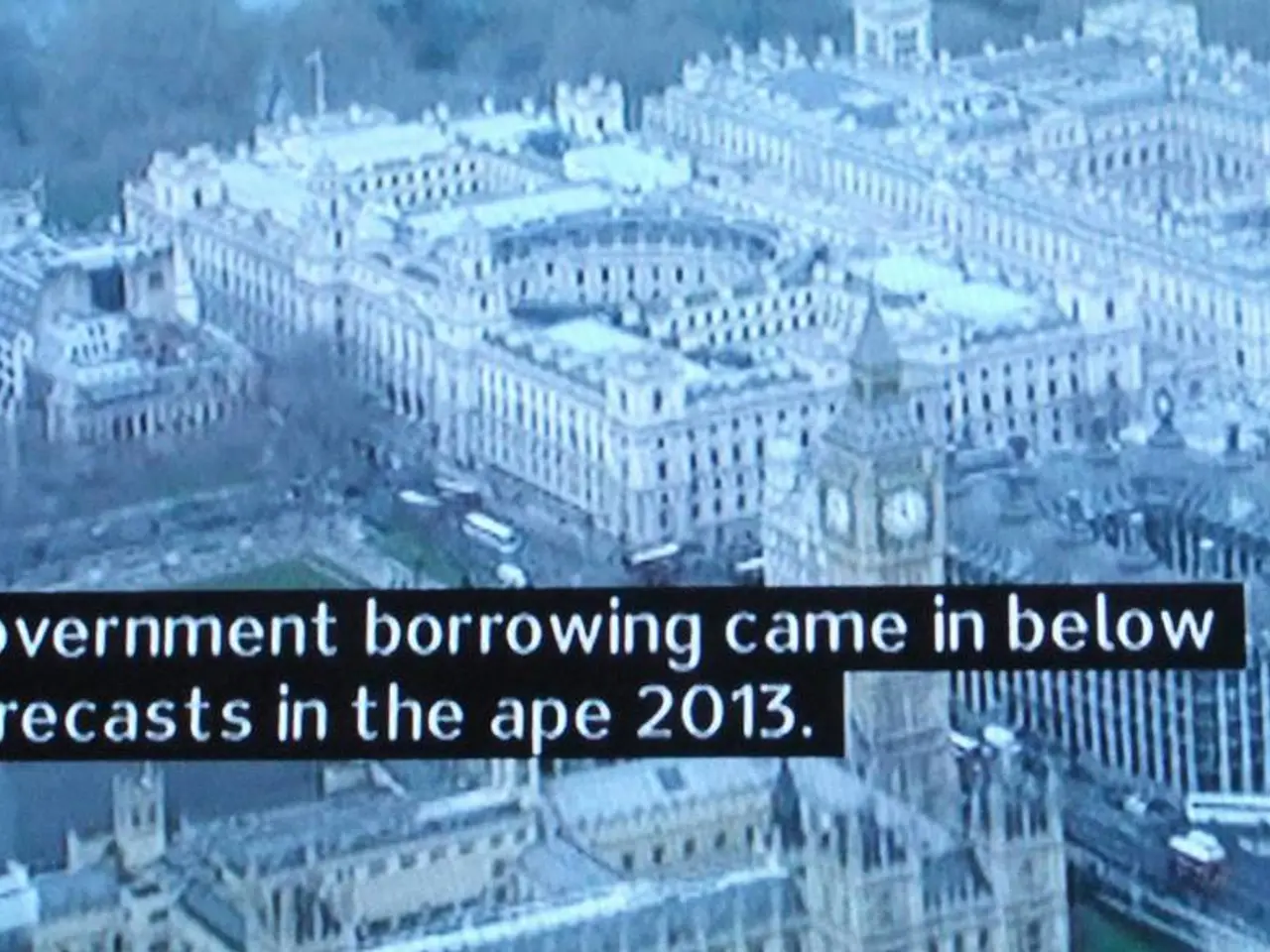London's Mayor issues alert that the Infrastructure Levy potentially threatens the abundance of affordable housing.
The Mayor of London, Sadiq Khan, has expressed concerns about the government's proposals for a new Infrastructure Levy, which could potentially impact councils, developers, and communities across the city.
According to Mr. Khan, the new Levy could create greater uncertainty and risk, potentially putting billions of pounds of investment in community infrastructure at risk. He urges the government to work with councils and the housing sector to improve the current developer contributions system.
The new Levy, if implemented, would replace the current Community Infrastructure Levy (CIL) and Section 106 agreements. Under the proposals, the amount developers will have to pay for vital improvements will be calculated once a project is complete, instead of at the planning permission stage. This could exacerbate significant existing funding shortfalls for affordable housing and infrastructure.
Mr. Khan believes that the proposal could make between 10,000 and 30,000 homes of all tenures unviable. Moreover, it could result in between 4,500 and 10,000 fewer affordable homes in applications referred to the Mayor over the last three to five years.
The new Levy would require councils to set their own rates for different types of development and areas, requiring a complex and labor-intensive assessment and charging system. It would also necessitate a complex valuation process, based on the value generated by the development.
Councils have expressed concerns about enforcing the payment of contributions after a development has been completed. They fear that this could restrict the use of Section 106 (planning obligations) agreements, potentially preventing off-site mitigation works and other important obligations.
The Mayor's office published research suggesting the potential impacts of the new Levy. The research indicates that the new Levy could delay or lose such improvements, reducing affordable homes. Mr. Khan suggests that the Infrastructure Levy causes uncertainty and consumes resources from a planning system already struggling.
Despite these calls from Mr. Khan to scrap the proposed Infrastructure Levy, the government opposes its abolition. The government supports the levy as part of its infrastructure and regeneration funding strategy. Mr. Khan believes that the proposal should be dropped from the Levelling Up Bill to allow the development sector to focus on delivering affordable homes and community infrastructure.
By the end of 2021/22, the CIL had generated approximately £1.43bn for councils in London. This funding has been crucial in providing essential infrastructure and affordable housing. The concerns raised by Mr. Khan highlight the importance of striking a balance between infrastructure development and the viability of housing projects.
Read also:
- Lu Shiow-yen's Challenging Position as Chair of the Chinese Nationalist Party (KMT) Under Scrutiny in Donovan's Analysis
- Fun-Filled Mother's Day Activities and Educational Insights
- Baltimore Card Counter Files 3 Million Dollar Lawsuit Against Casino for Unlawful Detention Over Horseshoe Casino Allegations
- House Representation Originally Meant to Be Close to the People; Redistricting Risks Undermining This Connection








